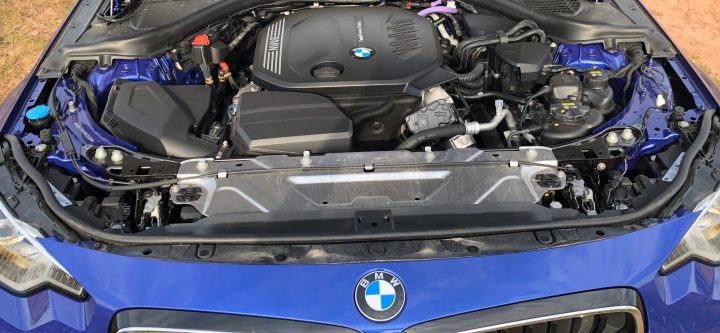Fleets are being urged not to reject the use of telematics despite the rise of manufacturer connected cars which risk leaving essential gaps in fleet management data, says RAM Tracking.
While connected cars feature advantages such as the information coming directly from the vehicle, avoiding the need for a black box or other tracking device to be fitted, datapoints can vary from vehicle manufacturer to manufacturer, making it hard for a fleet manager to gain a holistic view of all their vehicles at a glance.
Richard Brown, chief technology officer at RAM Tracking, said, “With connected cars, data isn’t universal and or consistently connected – different OEMs will offer different levels of connectivity and types of data collected – making the collecting and monitoring even more onerous for fleet managers.”
On the other hand, telematics devices – such as those offered by RAM Tracking – offer a one a single platform that provides consistency of data collected across the full range of vehicles on the entire fleet.
“We fit a device to track vehicles, but telematics offers a much more cost-effective approach to real-time data collection. Telematics makes fleet managers’ lives simpler,” Richard added.
The benefits of telematics remain extensive including efficient routing, closest unit job allocation, vehicle speed checking, accurate ETAs, real-time location of vehicles, idling, speeding alerts, vehicle maintenance reminders, cost of reduced fuel usage and mileage to name a few.
Another major benefit of using telematics is that datapoints can be tailored to a fleet’s need, rather than only being limited by data that a manufacturer is happy to share. And telematics software also allows businesses to measure and identify any potential issues caused by their mobility strategy as well as:
- Recognising issues such as idling, out-of-office usage and speeding can lead to business actions that can help cut costs and improve operational productivity.
- Recording real-time data, all of the time, avoiding the stress and hassle of calculating these insights and costs manually once a year. It also allows fleet managers to understand their business in greater detail to help improve performance.
- Encouraging safer driving and reducing insurance premiums across their fleet.
Richard concluded, “Connected cars have their place within fleet management but should not yet be considered the holy grail of real-time data retrieval for entire fleets. Telematics offers a one-stop platform for fleet managers to monitor their entire fleet on the same basis, producing consistent, accurate data to support effective fleet management.”

